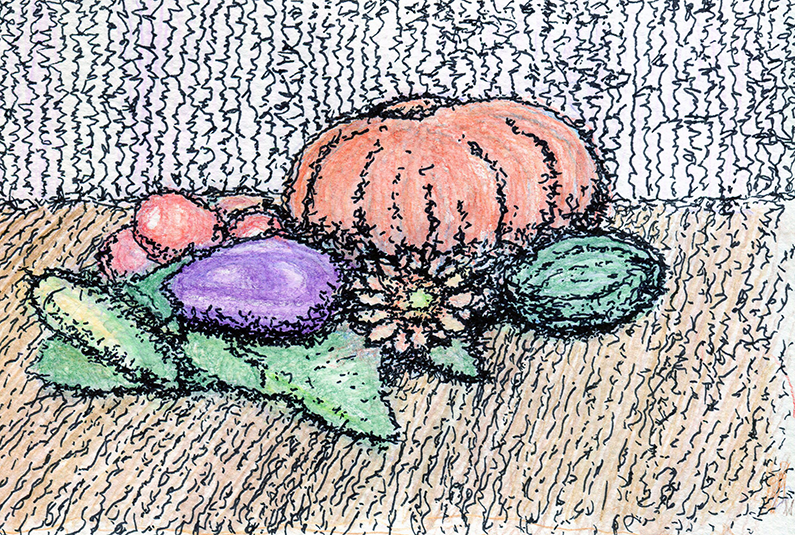There are no limits on gratitude. It’s easy to appreciate it when things go our way. Even when they don’t, if we look deeply, we can see the good. There is always something for which to be grateful.
1 Thessalonians 5:16-18 in the Christian Bible says, “Rejoice always, pray continually, give thanks in all circumstances; for this is God’s will for you in Christ Jesus.”
How do we give thanks in all circumstances?
Often, times of great discomfort propel us into new ways of thinking and doing. When we are satisfied, there is no need to change anything. There is no need to think. Hard times demand creative thinking and action.
For example, not being able to use my hands to type means I am writing by dictating to a piece of software. Speaking uses a different part of my brain than thinking and typing. I know it has changed my writing style. While I would never give thanks for paralysis, I can be grateful for the assistive software, the creativity of programmers, and the opportunity to write in a different way.
Every frustration you experience is an opportunity to learn something new. Sometimes it’s as simple as “don’t do that again.” Usually, it’s more nuanced. It’s easy for me to feel isolated. I am slowly learning that those times are an invitation for me to reach out and ask for help. It’s not comfortable for me, but it draws me into deeper relationship with the people who care about me.
When encouraged to describe the meaning of her life, Buddhist teacher Jeanne Corrigal realized it’s not about what she has accomplished. It’s about the ways that constrictions have moved her toward love.
Giving thanks in all circumstances lightens our hearts and makes it so we can rejoice always and live spirit-centered lives.
In your journal:
- Write about a challenging or “negative” experience. Find at least three positives that came from it.
- What have you learned from challenging times?
- What experiences invite you into deeper relationship?
- What might it mean to live a “spirit-centered life”?

